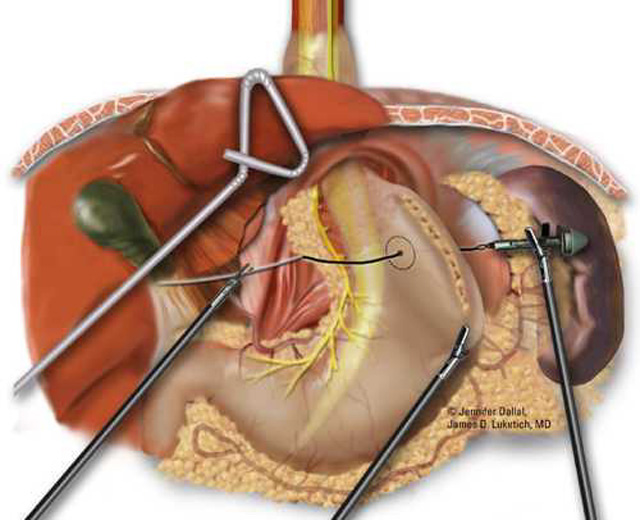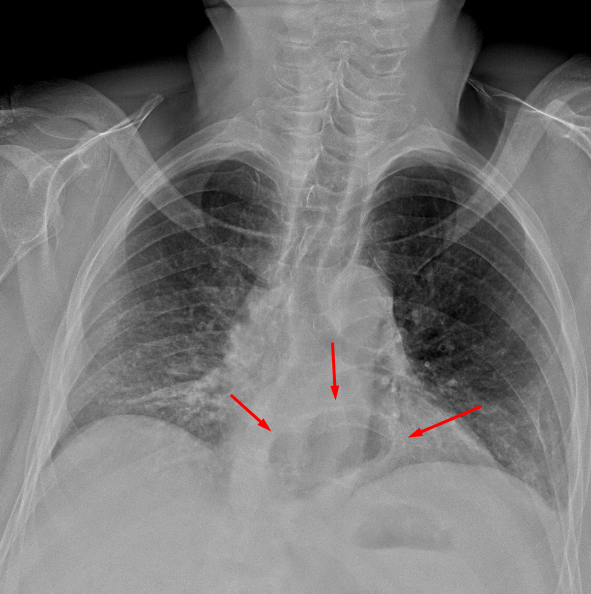
Medication
It will also explain what might happen if a person does not seek medical treatment. Can people fix hiatal hernias themselves? It is not possible for a person to make a hiatal hernia go away without medical care. However, hiatal hernias do not require treatment if they are not causing a person to experience symptoms.
Procedures
Recommendations include:
- losing weight (if needed)
- decreasing food portion sizes
- eating several smaller meals throughout the day (as opposed to a few large meals)
- elevating the head of your bed by 8 inches
- avoiding meals 2 to 3 hours before bedtime or before lying down
Self-care
While there are lifestyle changes you can make to treat hiatal hernia, consider discussing those changes with your doctor before moving ahead with them. Lifestyle changes include: If home treatment is not effective, your doctor may recommend prescription medication or, in some cases, surgery.
Nutrition
The Warm Water Fix
- Drink a glass of warm water soon after waking up. Doing this will relax and put some weights for your stomach.
- Then, stand up and lift your arms to your sides. ...
- Next, rise up on your toes and lift your body as high as possible. ...
- Then, open your mouth and take a few quick breaths with your arms up. ...
Will hiatal hernia go away on its own?
How long does it take to fix a hiatal hernia?
Can you heal a hiatal hernia?
Are there any remedies for hiatal hernia?

How is a hiatal hernia fixed?
Surgery can repair a hiatal hernia by pulling your stomach back into the abdomen and making the opening in the diaphragm smaller. The procedure may also involve surgically reconstructing the esophageal sphincter or removing hernial sacs. However, not everyone who has a hiatal hernia needs surgery.
Is hiatal hernia a serious surgery?
A hiatal hernia repair is a serious surgery. You will need some time to recover after the surgery. Your healthcare provider will suggest this surgery if you have a hiatal hernia and long-term (chronic) heartburn and other symptoms.
Is it worth fixing a hiatal hernia?
Surgery is recommended for serious hiatal hernia cases That means you're experiencing serious heartburn and acid reflux or have severe inflammation and narrowing of the esophagus due to your hernia. That can cause significant chest pain after eating or result in weight loss and bleeding.
Can you fix a hiatal hernia on your own?
It is not possible to fix a hiatal hernia at home, but a person can take steps to minimize and treat existing symptoms and to prevent the hernia from recurring. These may include lifestyle changes, such as modifying the diet and starting a suitable exercise regimen, and OTC medications.
At what point does a hiatal hernia need surgery?
Most people with a hiatal hernia don't experience any signs or symptoms and won't need treatment. If you experience signs and symptoms, such as recurrent heartburn and acid reflux, you may need medication or surgery.
Who is not a candidate for hiatal hernia surgery?
Who Is NOT a Good Candidate for Hernia Repair? You may not be a good candidate if: You have a high risk of surgical complications. You are elderly (hernia repair studies suggest elderly as older than 75 years of age) and your hernia is not causing pain or discomfort.
Can I push my hiatal hernia back in?
But for people with more severe hernias, treatment with medication, lifestyle changes, and, in some cases, surgery may be needed to repair the hernia and provide relief from uncomfortable symptoms like heartburn and chest pain. It's possible for a hiatal hernia to recur after surgery.
Will a hiatal hernia go away if you lose weight?
Exercises for weight loss Losing weight may improve your symptoms of a hiatal hernia. Exercise, along with diet, can help create the calorie deficit needed to burn body fat. As you lose weight, you may notice your symptoms decrease over time.
Does drinking water help hiatal hernia?
Hiatal hernia treatment often involves medication, surgery, or lifestyle changes. There are anecdotal stories that this at-home protocol may help push the stomach back down through the diaphragm: Drink a glass of warm water first thing in the morning.
How can I shrink my hernia naturally?
Here are some tips we recommend:Avoid lifting heavy objects, and strenuous exercise or activity. ... Maintain a healthy weight. ... Modify your diet. ... Use natural remedies to relieve hernia symptoms. ... Use an ice pack. ... Choose the Hernia Center of Northeast Georgia Medical Center for Your Hernia Repair. ... Get Started Today.
What happens if a hiatal hernia is left untreated?
If left untreated, Hiatal hernias can rarely become trapped in the chest or strangulated—which means the hernia begins to cut off blood to the entrapped intestine. Strangulated Hiatal hernias can cause sudden pain in the chest and requires immediate medical attention.
What happens if a hernia is left untreated?
If it is left untreated, a strangulated hernia can lead to life-threatening conditions such as necrotizing enterocolitis (severe inflammation of intestine) and sepsis. Since hernias can happen to anyone at any age, knowing warning signs of hernias and being aware of them are essential.
Diagnosis
Treatment
Clinical Trials
Lifestyle and Home Remedies
Specialist to consult
Preparing For Your Appointment